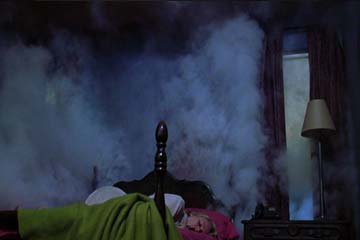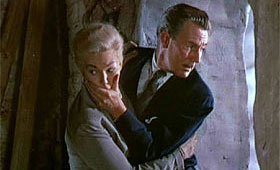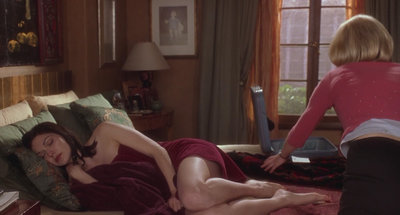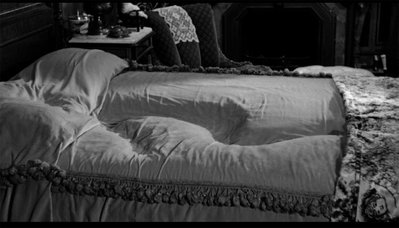The Blue Key, btw, has two definitions, one for the dream sequence and one for reality.
For the dream sequence, the blue key is basically the key to the truth. Pretty simple. This may be obvious, but as soon as it's used on the box, we get the true story.
In reality, it's a standard blue key. The hitman's calling card, kind of. He uses it to communicate that the job/murder is done, because he doesn't want to be in further contact.
I wondered why the hitman laughed when Diane asks "what's it open?" But then I figured, as in the dream sequence, again, it opens the truth, in this case, the truth of what Diane has done.
The hitman knows when a "client" sees the key and they know the target is dead, that they will probably go through a TON of emotions. It doesn't have to be a key, the emotions will probably be experienced regardless of the item. But a key amuses the hitman. And maybe he likes to think that a "key" messes with the person's mind more, and maybe it does (fyi, the key doesn't physically open anything).
Also, as a sidenote, we don't know where the hitman left the key, probably NOT on the coffee table. Diane probably just put it there and has been thinking about it. For how long? Not completely sure but less than three weeks. The piano ashtray was still there when the neighbor comes by-"c'mon Diane it's been three weeks"- and mentions the "detectives came by again" and it was there when Camilla was alive when they were gettin' freaky on the couch.











